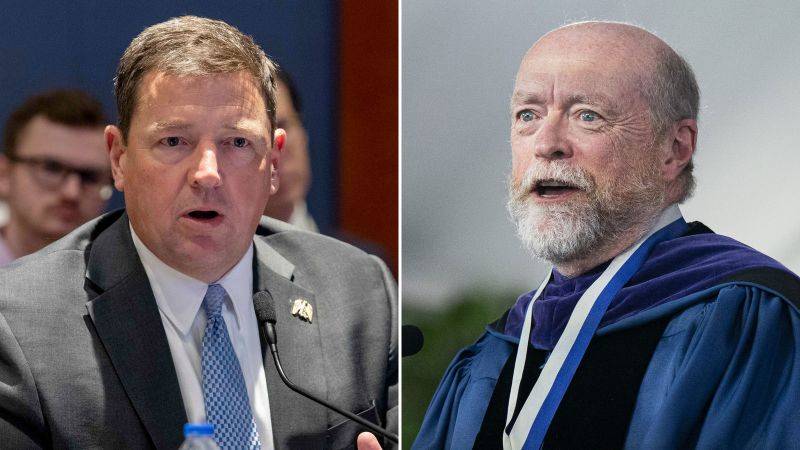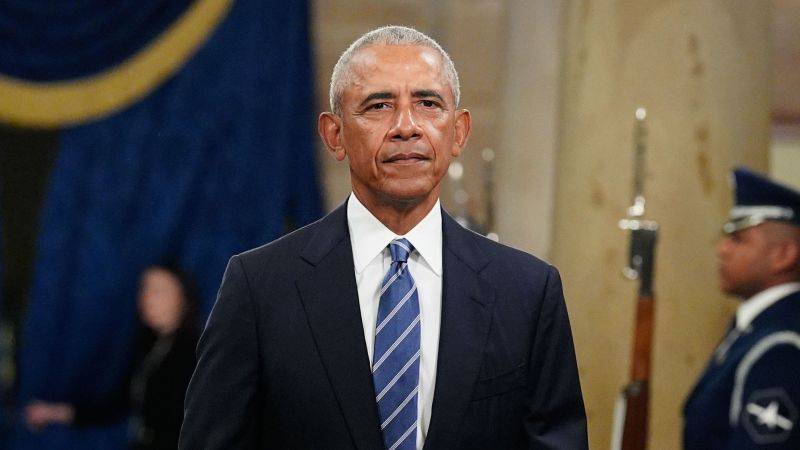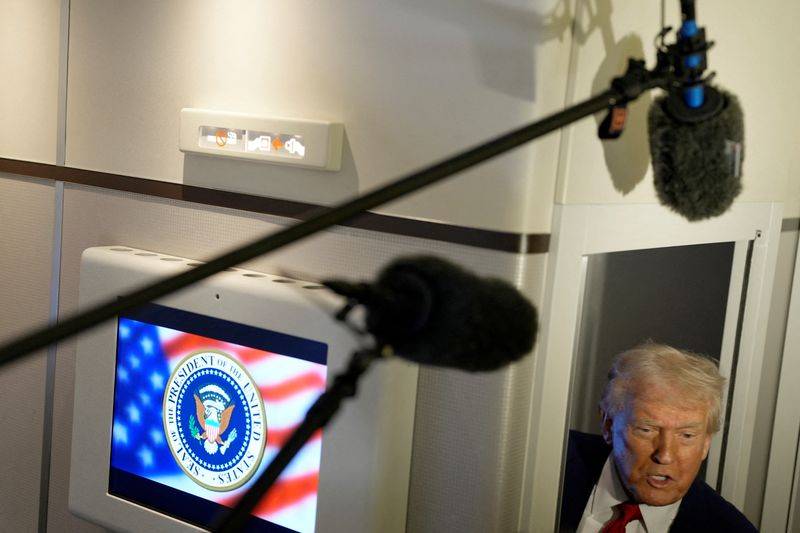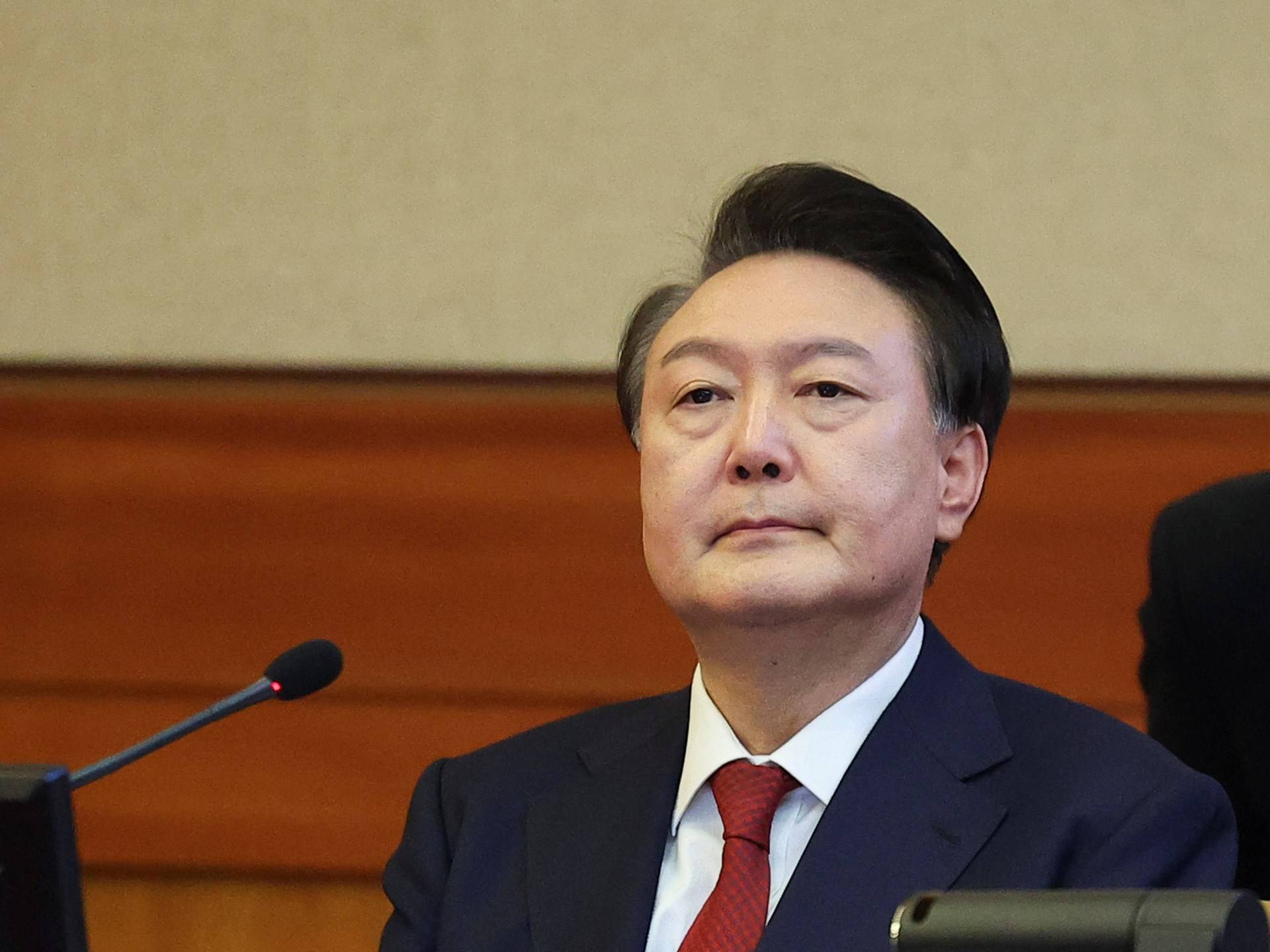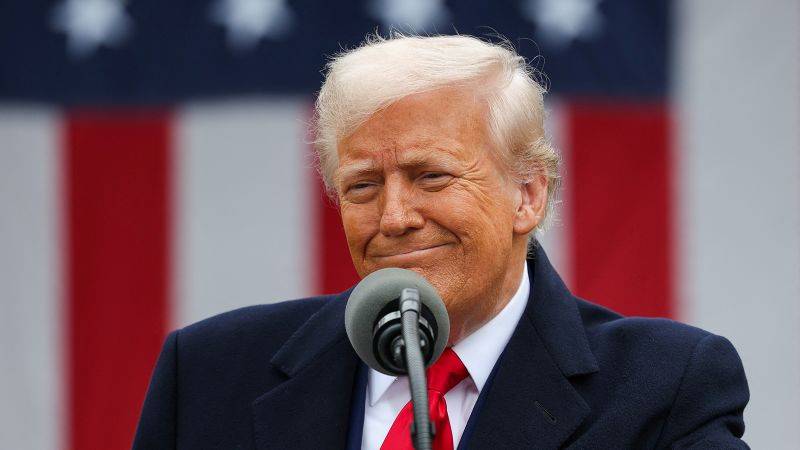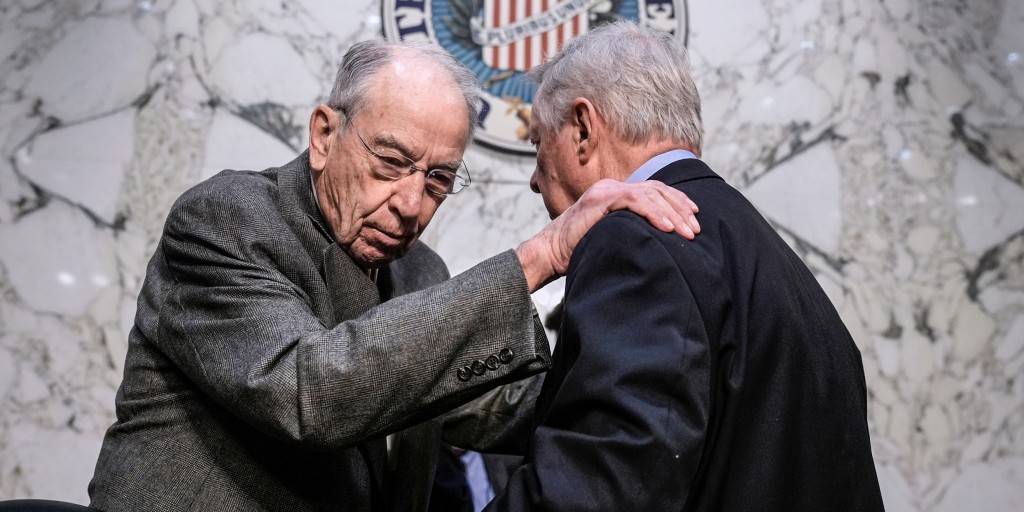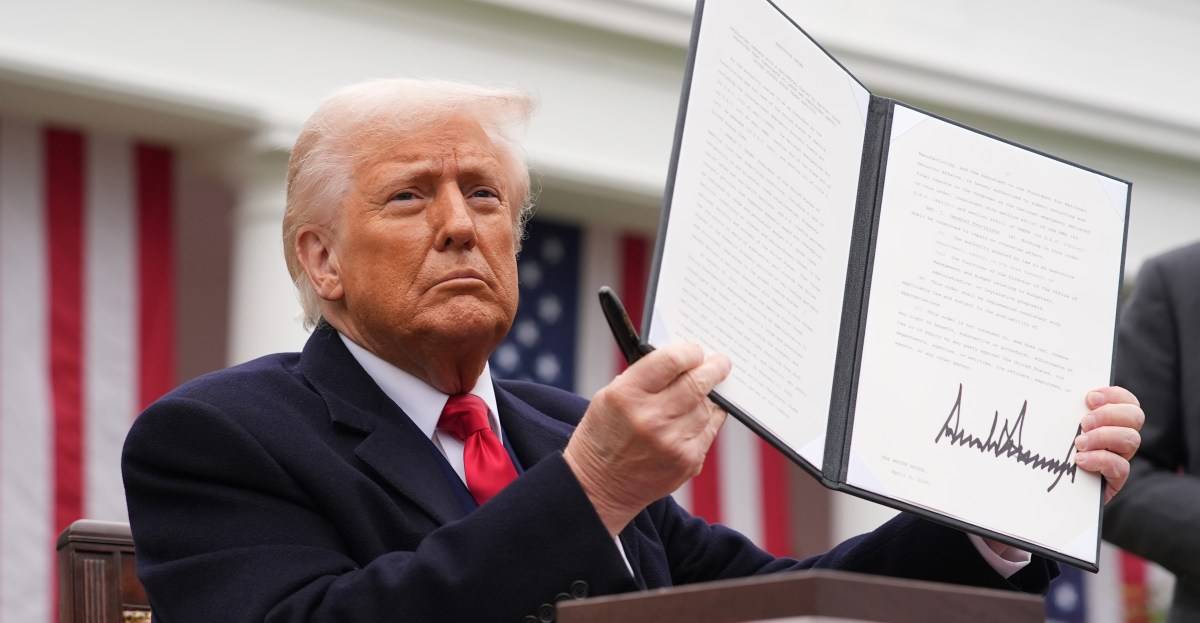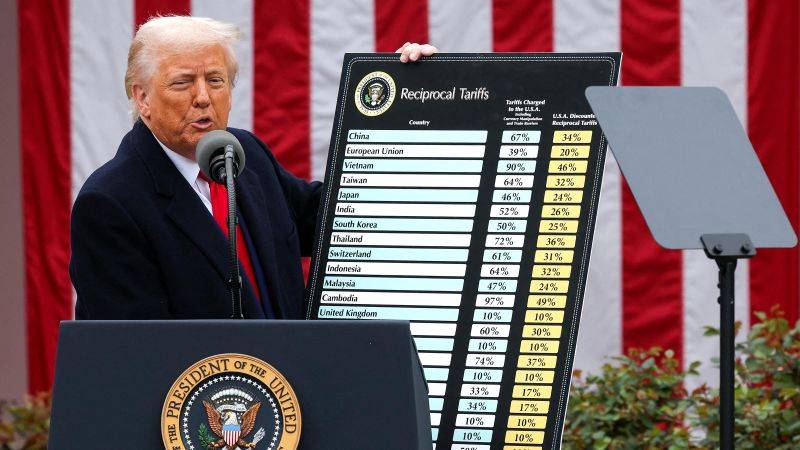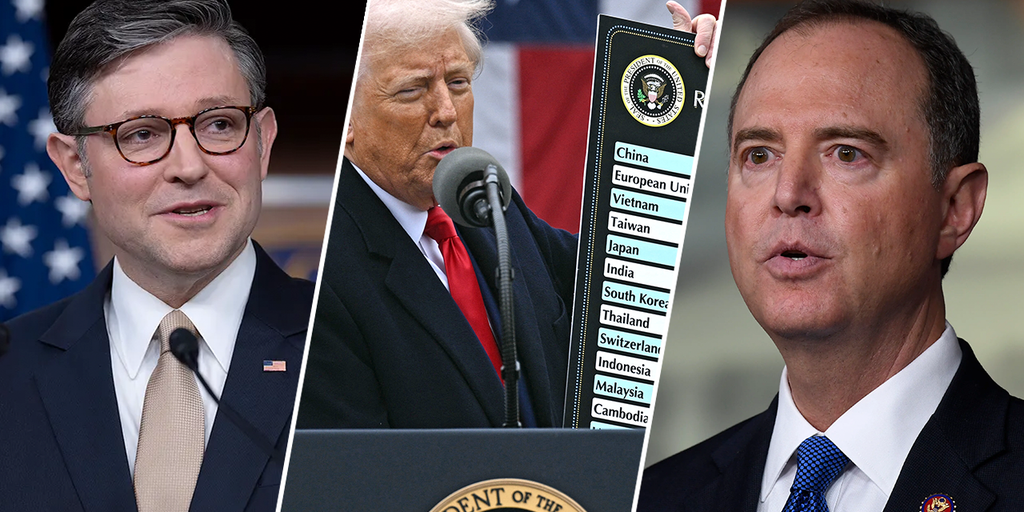The Escalating Conflict
Martin’s directive came in a formal letter to Georgetown Law, demanding confirmation on whether DEI programs were being phased out. His position aligns with a broader conservative push against DEI initiatives in higher education, particularly after the U.S. Supreme Court’s 2023 decision declaring race-conscious admissions unconstitutional. The warning underscores a growing judicial and political movement to dismantle DEI frameworks in academic institutions.
Georgetown Law Dean William Treanor swiftly responded, rejecting Martin’s ultimatum as a violation of constitutional protections. Treanor emphasized that academic institutions have the right to determine their curricula without government interference, invoking First Amendment protections. The dispute has since escalated into a broader discussion on the limits of federal influence over educational institutions.
National Ramifications
The conflict mirrors a nationwide effort to curb or eliminate DEI initiatives, with multiple states enacting policies to restrict race-based programs in public universities. Former President Donald Trump has also taken aggressive steps to dismantle DEI efforts, issuing executive orders in his second term aimed at dissolving federal DEI programs. Meanwhile, the Department of Education has warned institutions that failure to comply with race-neutral policies may result in the loss of federal funding.
This moment marks a critical turning point in American higher education, forcing institutions into a legal and ideological battle over what can and cannot be taught. Will the push against DEI programs alter the composition of the nation’s legal workforce, and what does it mean for the future of diversity in legal education?

